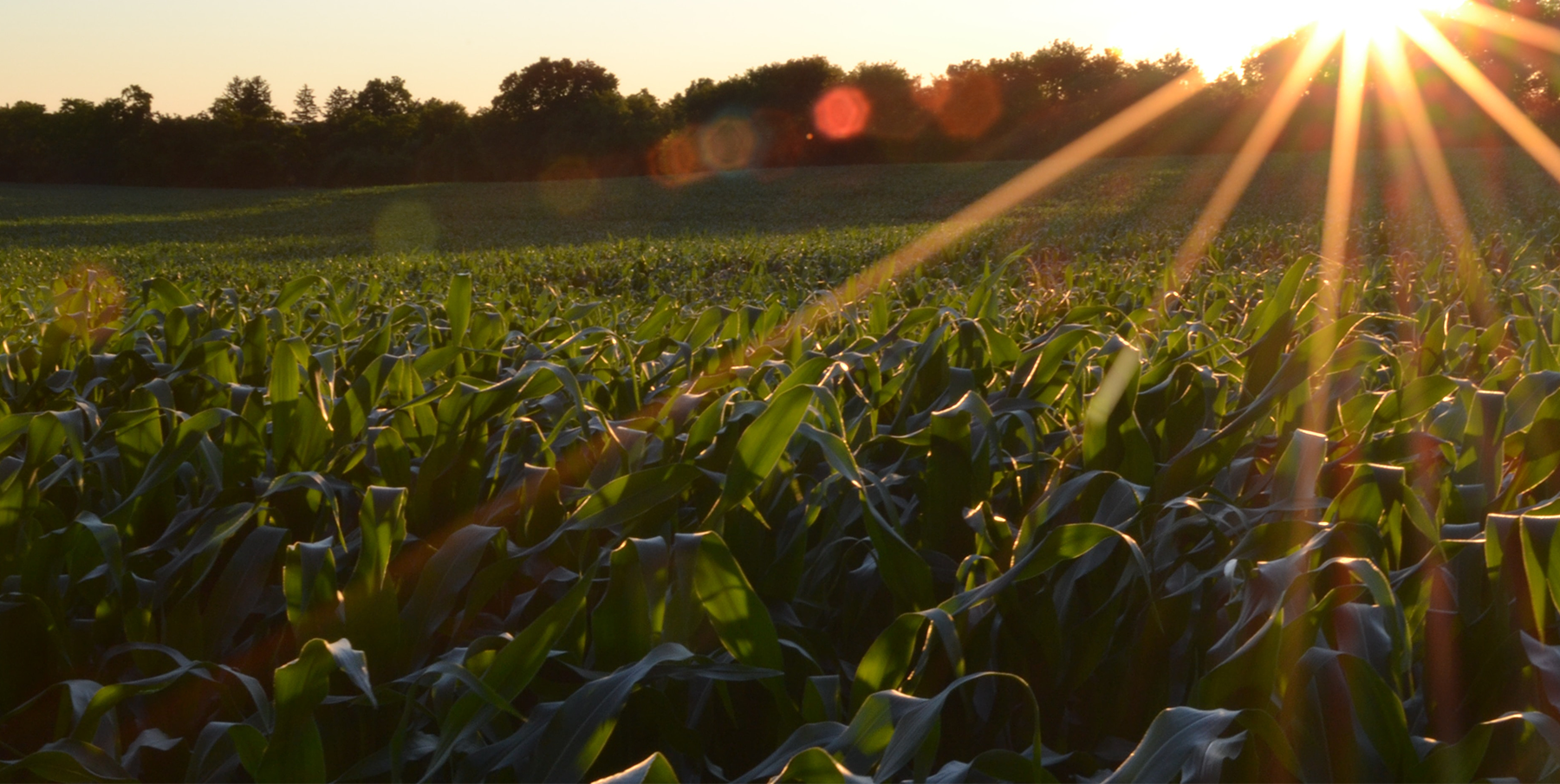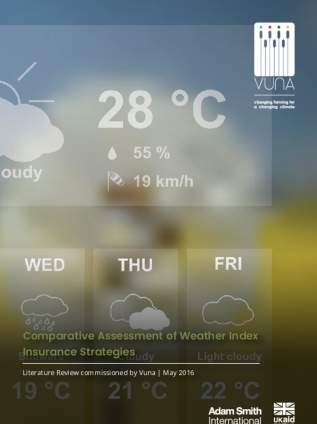This Literature Review is the rst step towards a comparative assessment of Weather Index Insurance (WII) in the agricultural sector in East and Southern Africa. The second step involves visits to four countries (Kenya, Tanzania, Zimbabwe, and Zambia) covered by the Climate Smart Agriculture Programme (Vuna) funded by DFID, which have weather index insurance programmes. The visits will allow collection of information on the recent performance of those programs and obtain the perceptions of key stakeholders on lessons learned, constraints, sustainability, and potential of those insurance programmes to address issues related to strengthening the resilience of agricultural systems to weather risk. The ndings from both stages will be summarised in an Evidence and Learning Report focussing on the determinants of success or failure of the programmes under implementation.
This paper summarizes the main findings of the global experience on the implementation of WII specically the lessons learned on the mechanics of the index, pro tability, bundling, impacts, and potential role in climate change adaptation. It also discusses the challenges of current pilot projects in East and Southern Africa, wherever secondary information is available.
Arce, Carlos. 2016. Comparative Assessment of Selected Agricultural Weather Index Insurance Strategies in Sub-Saharan Africa. Vuna Research Report. Pretoria: Vuna. Online: http://www.vuna-africa.com







